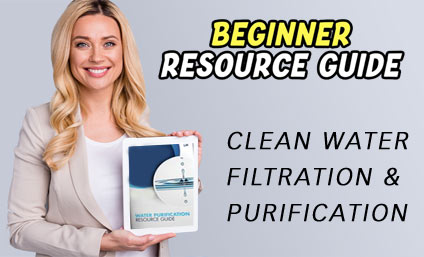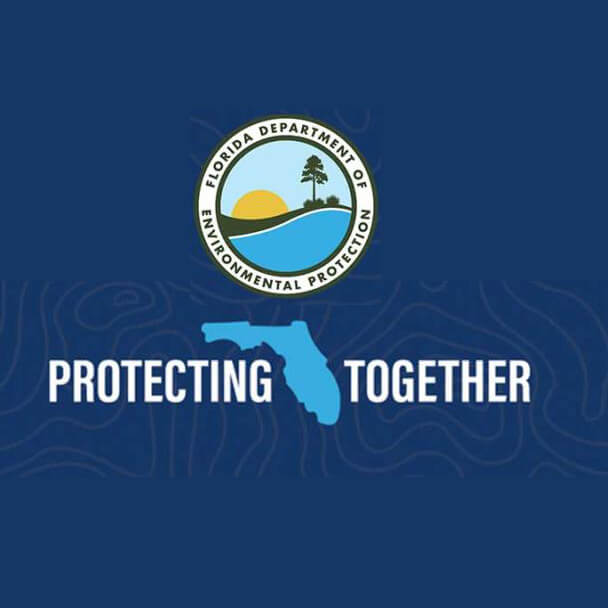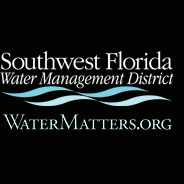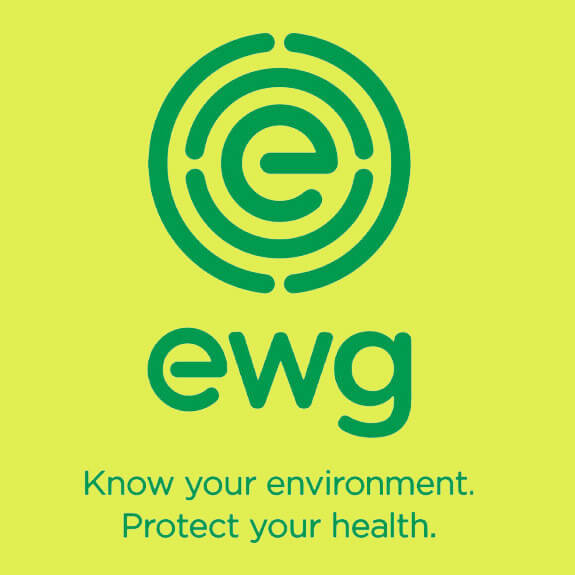Consumer Awareness Division
Florida residents, and new homeowners, could be exposed to FOREVER CHEMICALS (PFAS) in their water. The EPA has found these chemicals can cause severe health issues such as CANCER, COLITIS, and CROHN’S DISEASE. New homeowners should have their water tested IMMEDIATELY.
Your family could be exposed. It doesn’t matter if you have a softener or another filter you should have your water tested. The test is free of charge to all Florida residents and you get your results on the spot. Please call today to have a certified inspection of your water at no cost.
Call (855) 592-8379 now to set up a certified inspection 24/7 or Click here for FREE Water Test.
Not affiliated with any government agency.
Explore our collection of informative articles and resources covering a wide range of florida water quality and testing topics:
- Importance of Water Quality: Learn about the significance of clean and safe water and its impact on public health, ecosystems, and overall quality of life.
- Water Testing Methods: Dive into the various methodologies used in water testing, including chemical, physical, and microbiological analyses, to assess and monitor water quality.
- Understanding Contaminants: Explore information about common water contaminants, their sources, and the potential risks they pose to human health and the environment.
- Environmental Considerations: Gain insights into the environmental factors influencing water quality, such as climate change, industrial activities, and land use practices.
- Citizen's Role in Water Conservation: Discover ways in which individuals can actively contribute to water conservation efforts and promote sustainable water usage.
Why Explore Water Testing in Florida?
More Floridians are exposed to unsafe drinking water than just about anywhere in the country, according to a study of violations.
The state ranked second in the number of people impacted by violations under the Safe Drinking Water Act based on the most recent data available from 2015, the Natural Resources Defense Council said. Nationally, 77 million people were exposed to unsafe water, with violations including high levels or toxic arsenic, lead and other chemicals, as well as failure to test or report contamination.
“The problem is two-fold: there’s no cop on the beat enforcing our drinking water laws, and we’re living on borrowed time with our ancient, deteriorating water infrastructure,” Erik Olson, NRDC’s health program director, said in a statement.
“We take it for granted that when we turn on our kitchen tap, the water will be safe and healthy, but we have a long way to go before that is reality across our country.”
What's Been Found in Tap Water in Florida?
Inorganic Contaminants:
- Arsenic: Can cause skin cancer, bladder cancer, and other health problems.
- Chromium-6: Linked to increased cancer risk.
- Lead: Can cause brain damage and other developmental problems, especially in children.
- Nitrate: Can be harmful to infants and pregnant women, and can cause a condition called "blue baby syndrome."
- Radium: Can increase the risk of bone cancer.
Organic Contaminants:
- Haloacetic acids (HAA5): A group of chemicals formed during the disinfection process, which may increase the risk of cancer.
- Perfluorooctane sulfonate (PFOS) and Perfluorooctanoic acid (PFOA): Man-made chemicals used in various industrial processes, linked to developmental and reproductive problems.
- Trihalomethanes (THM4): Another group of disinfection byproducts, also linked to an increased risk of cancer.
- Ethylene dibromide (EDB): A pesticide that can cause cancer.
- Tetrachloroethylene (PCE): A solvent used in dry cleaning, linked to liver and kidney damage.
- Temik: An insecticide that has been linked to birth defects.
Dangerous Bacteria and Viruses Found in Florida's Drinking Water:
- Fecal coliforms/E. coli: Indicates the presence of fecal matter and can cause gastrointestinal illness.
- Giardia lamblia: A parasite that can cause diarrhea, stomach cramps, and dehydration.
- Cryptosporidium: Another parasite that can cause gastrointestinal illness, especially in people with weakened immune systems.
- Legionella: A bacterium that can cause Legionnaires' disease, a serious lung infection.
- Hepatitis A virus: Can cause liver inflammation and jaundice.
It is important to note that this list is not exhaustive and may not include all dangerous chemicals, bacteria, and viruses that have been found in Florida's drinking water. Additionally, the presence of these contaminants may vary depending on location and water source.
Here are some resources where you can find more information about the quality of your drinking water:
- Florida Department of Health: https://www.floridahealth.gov/environmental-health/drinking-water/index.html
- Florida Department of Environmental Protection: https://floridadep.gov/
- Environmental Protection Agency (EPA): https://www.epa.gov/ground-water-and-drinking-water
It is always important to be aware of the potential contaminants in your drinking water and take steps to protect yourself and your family. This may include installing a home water filter, boiling your water before drinking, or using bottled water.
Start Your Water Testing Journey
Begin your exploration of water testing principles and practices with Florida Water Testing. Whether you are a concerned citizen, a student, or a professional seeking to broaden your understanding, we welcome you to our platform dedicated to promoting awareness and understanding of water quality.
Thank you for choosing Florida Water Testing as your source of valuable information. We are committed to being part of your journey towards a well-informed and water-conscious community.





